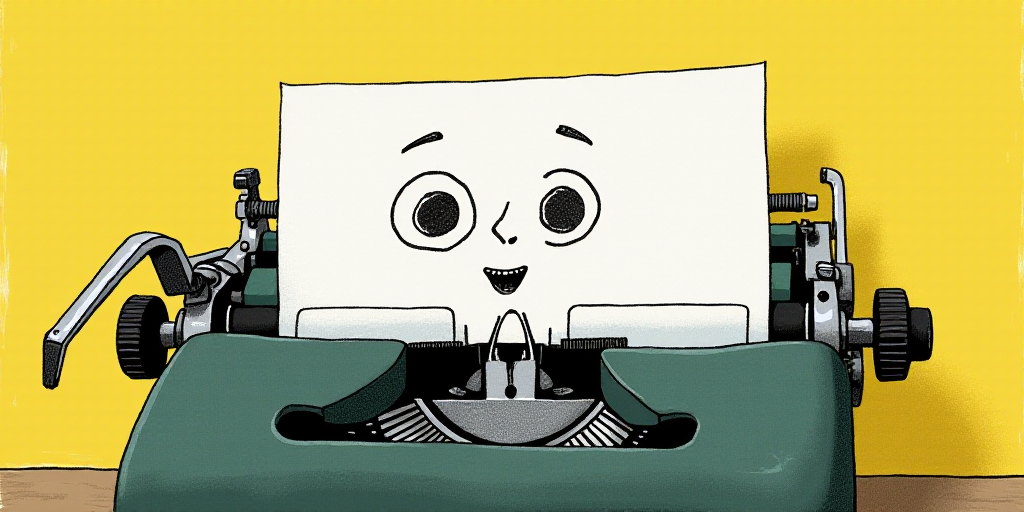A Disappointing Summit
A Stormy Summit: The presidents of Brazil (Ignacio Lula da Silva), Colombia (Gustavo Petro), Uruguay (Yamandú Orsi), España (Pedro Sánchez), and Chile (Gabriel Boric) convened the Democracy Summit, passionately advocating for peace, social justice, and multilateralism. However, the declaration fell silent on the oldest and most destructive dictatorships in the hemisphere.
The gathering of heads of state failed to fulfill its primary purpose and reason for being by not acknowledging the existence of over 2,200 political prisoners in jails of Cuba, Nicaragua, and Venezuela’s dictatorships. This intentional omission is unforgivable and immoral.
Inaction and Fear are Inappropriate
The document by the presidents states, “It is necessary to act, speak out loudly, and not be complicit in abuses, violations, and crimes against humanity.” They should call the infamous trio of dictators in the Americas by name and demand the release of political prisoners. The summit did not do so.
Condemning Authoritarian Trends
Another excellent proposal, which softens the truth and paints a rosy picture of the hemisphere’s situation. These are not “authoritarian tendencies”; they are repressive dictatorships that have been in power for decades, promoting death, lies, and misery. State terrorism.
Defending Democracy in Difficult Times
A significant challenge, especially for the summit leaders who refuse to step out of their ideological trench and condemn human rights violations. Cuba, for example, has had no free elections for 66 years, and the summit remained silent on this matter.
Promoting Multilateralism
Excellent. It’s time to promote a multilateral response regarding Venezuela, urging Maduro to relinquish power and acknowledge his electoral defeat. This response could be led by Spain, Brazil, Colombia, Uruguay, and Chile. Unfortunately, it is not.
Engaging Youth, Students, and Civil Society
In countries like Nicaragua, civil society organizations have been shut down and confiscated. Universities have been raided, and youth has been silenced, jailed, or exiled. The summit remained silent on these issues.
Promoting Social Justice and Human Rights
A wonderful proposal. We can start by denouncing the privileges and human rights violations promoted by Cuba, Nicaragua, and Venezuela’s military elites. The wealth from “blood gold,” narco-governments, and confiscations should be categorically questioned.
Summit Dialogues Covered Everything but Condemning Democracy’s Killers
Gustavo Petro spoke of Diógenes’ lantern and Macondo, Pedro Sánchez romanticized his childhood listening to Víctor Jara, and Lula ran across the stage to demonstrate his vitality at 79. There was time for everything except condemning the killers of democracy.
The Summit’s Silence on Atrocities
The summit had space to discuss bombs exploding thousands of miles away in Gaza but remained silent on terrorist attacks in Colombia, forced disappearances in Venezuela, crimes against the church in Nicaragua, or brutal repression in Cuba.
The Outdated Left-Right Confrontation is Sterile
The real problem is the lack of democracy, human rights violations, exiles, forced disappearances, or crimes against humanity. These atrocities and their perpetrators were ignored by the Democracy Summit.
The Silent Summit was a Propaganda Event
Especially because those attending are friends of dictators and natural enemies of democracy. The socialist, guerrilla, cocalero, and self-proclaimed progressive presidents are not part of the solution; they are part of the problem. Their scandalous silence shouts many truths.
Key Questions and Answers
- What was the purpose of the Democracy Summit? The summit aimed to advocate for peace, social justice, and multilateralism.
- Why is the summit’s silence on dictatorships significant? The summit failed to address over 2,200 political prisoners in Cuba, Nicaragua, and Venezuela’s dictatorships, an intentional omission deemed unforgivable and immoral.
- What did the summit’s leaders fail to do? They did not condemn the dictators, call for their accountability, or denounce human rights violations in these countries.
- What is the true issue in the Americas? The genuine problem is the lack of democracy, human rights violations, exiles, forced disappearances, or crimes against humanity.
- Why were the summit’s dialogues ineffective? Despite covering various topics, the summit remained silent on condemning democracy’s killers and addressing atrocities in Cuba, Nicaragua, and Venezuela.






